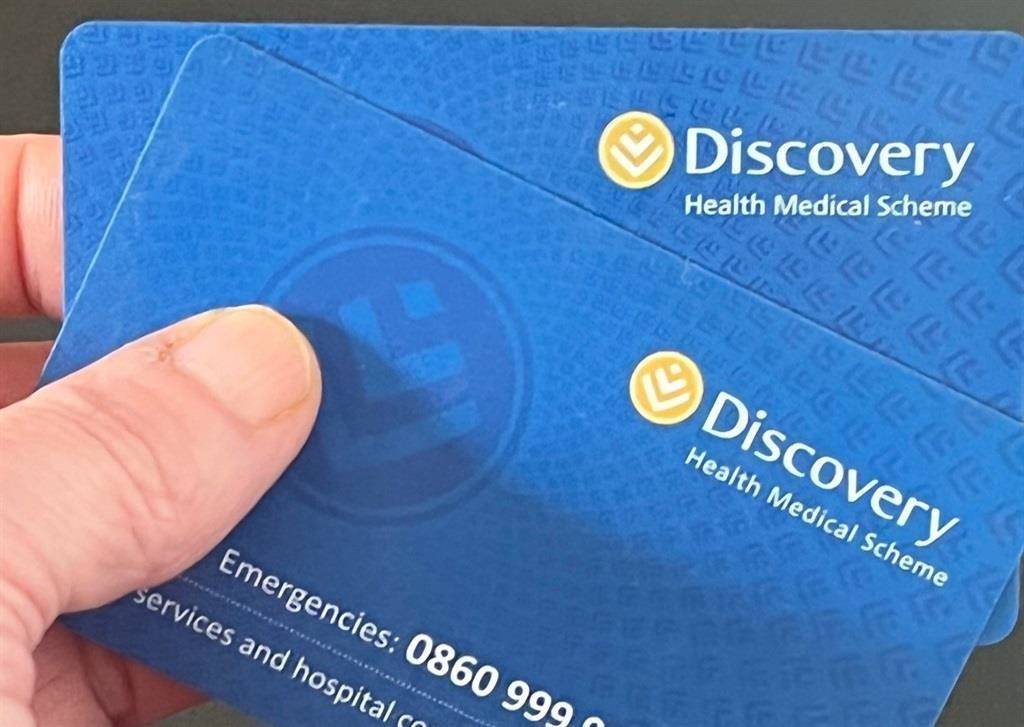
Discovery Health Medical Scheme has come under fire for a misleading advert.
- Discovery Health Medical Scheme faced backlash after claiming in an advert that its medical aid covers all chronic diseases when it does not.
- The Advertising Regulatory Board found the term “comprehensive chronic cover” in the advert potentially misleading, implying broader coverage instead of what is considered “prescribed minimum benefits”.
- After ruling that the advert is misleading, the advertising watchdog instructed Discovery to amend its claim to align with what is offered.
- For more stories, visit the Tech and Trends homepage.
Discovery Health Medical Scheme found itself on the wrong side of South Africa’s advertising watchdog after airing a “misleading” advert that implies its “comprehensive chronic cover” provides cover for all chronic diseases even though it does not.
One South African approached the Advertising Regulatory Board and complained that the medical scheme was misleading the public.
The complainant said the scheme excludes “cover for the most common chronic conditions including … depression, dementia, asthma, chronic anaemia and hypertension”, therefore the use of the word “comprehensive” in the advert “seems to be deliberately chosen to make people think they cover ‘most’ chronic conditions, which, by their own admission, they don’t”.
Discovery’s response
Discovery cited the Medical Schemes Act of 1998 in its defence, which states that medical aids should cover costs related to the diagnosis, treatment and care of 27 chronic conditions, including HIV, under their Prescribed Minimum Benefits (PMBs), and that the Council for Medical Schemes sets the benefit entry criteria for qualification.
The company further claimed that its Chronic Illness Benefit (CIB) provides comprehensive chronic cover for the specified conditions, including approved medicines at network pharmacies and coverage for tests, procedures and consultations.
Discovery also said members could access cover through the Chronic Drug Amount, a monthly allowance for chronic medicines not covered by the CIB.
Discovery also asserted that it offers additional cover under its specialised chronic care programmes for diabetes, cardio care, mental health and HIV, and that members can enjoy cover for 22 other chronic conditions.
“Discover Health Medical Scheme provides comprehensive cover through our CIB, Chronic Drug Amount, Additional Disease List and specialised care programmes for those managing chronic conditions. With specific reference to the complaint submitted, we provide cover for the treatment and ongoing management of asthma, haemophilia, hypertension, hypothyroidism and major depression.
“Alzheimer’s and dementia are not classified as PMB conditions and do not form part of the Chronic Disease List or the Additional Disease List. While cover for these conditions is not provided by the scheme’s risk benefits, a member is able to fund treatment for these conditions from their Medical Savings Account or Above-Threshold Benefit where applicable, subject to funds available,” said the medical scheme.
The verdict
The Advertising Regulatory Board noted Discovery’s argument that the term “comprehensive” refers to benefits available once patients qualify for chronic cover but does not suggest coverage for “most” chronic conditions.
However, it questioned Discovery’s claim that comprehensive may imply coverage beyond PMBs. The regulatory board also said the offered coverage seemed to be “comprehensive PMB cover”, which is a legal obligation rather than an added benefit.
For these reasons, the board found Discovery’s advert to be misleading, since it created the expectation that the scheme provides more chronic cover to members beyond its basic legal obligation – which is not the case.
Discovery Medical Health Scheme was instructed to amend the advert immediately.





Recent Comments